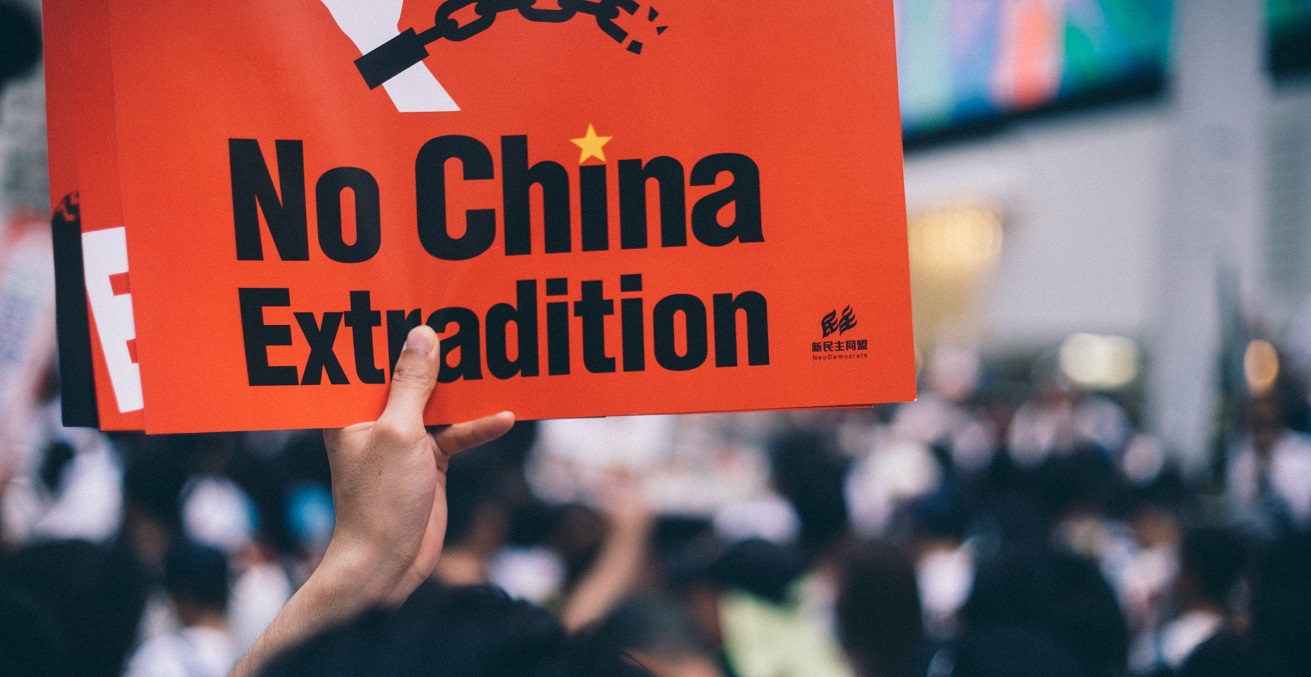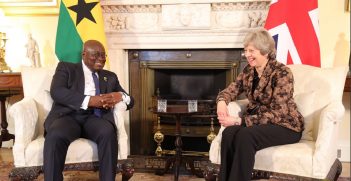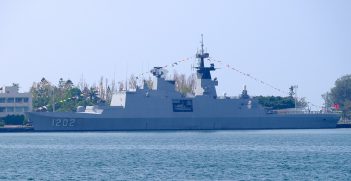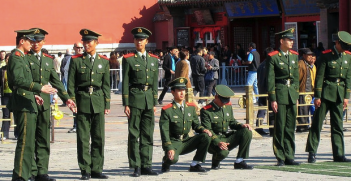Strength in Numbers: The Politics of Suspending the Australia-Hong Kong Extradition Agreement

The decision to suspend Australia’s extradition treaty with Hong Kong is in compliance with international law. It is also a prudent move to protect the national interest.
This is Part 2 of a two-part series. “The Legality of Suspending the Australia-Hong Kong Extradition Agreement” was published July 31.
The extraterritorial reach of the Law on Safeguarding National Security in the Hong Kong Special Administrative Region (SAR) is a major source of concern. Under the new laws, Australian citizens commenting on Hong Kong independence or secession from Australian territory could be arrested once they step foot in Hong Kong or mainland China. This effect is all the more alarming when combined with an operative extradition treaty. Not only would the security laws concern the statements and actions of those on Australian territory, but it would prima facie be within Hong Kong authorities’ rights under the treaty to request their extradition. Upon arrival in Hong Kong, the extradited person could find themselves sent across the border to mainland China for trial. Plainly, the Australian government is right to be wary, and nip the possibility in the bud.
Numerous other states who have entered into extradition treaties with Hong Kong have likewise been influenced to re-evaluate their bilateral agreements. Prior to the Australian announcement, Canada announced that it would suspend its extradition treaty with Hong Kong; granted, no further legal justification was necessary, given that Article 20(3) of the Canada-Hong Kong treaty explicitly provides for suspension by notice. On 20 July, the United Kingdom suspended its extradition treaty by notice, which is likewise provided for by Article 20(2) of their 1998 Agreement for the Surrender of Fugitive Offenders.
Although the legal mechanisms are different vis-à-vis Canadian and British arrangements, they are clearly driven by similar concerns. The extraterritorial reach of the national security laws, including the possibility of transferring extradited persons from Hong Kong to mainland China, underpins both countries’ actions.
“The imposition of new National Security Legislation has significantly changed the assumptions underpinning the 1998 Agreement,” said UK Home Secretary Priti Patel in a written statement, “… the suspension will protect those resident in the UK, including those who may soon be here by virtue of the new immigration route, from unwarranted pursuit through the provisions of the Extradition Treaty.”
That the laws have “significantly changed the assumptions” underlying extradition arrangements is a layperson’s translation of the Australian legal justification, a fundamental change of circumstances. Notwithstanding a differing legal position, the driving national interests are the same. Australia is far from alone in harbouring reservations about the invocation of Hong Kong’s national security laws against its residents.
Yet more significantly, former officials report that the Trump administration is likewise considering the suspension of their extradition treaty in the coming weeks. Based on the rapidly declining American-Chinese relationship, marked recently by the forced closure of the Chinese consulate in Houston and the American consulate in Chengdu, this seems like an increasingly probable next step. Such a possibility is pertinent not only because it would constitute the latest development in a swiftly souring relationship, but because the United States-Hong Kong treaty, like the Australian one, contains no provisions governing suspension. The reception of Australia’s legal arguments by China and the international community are therefore likely to directly foreshadow the justifications to be furnished by the United States.
The decision to suspend the extradition treaty is undoubtedly a bellowing gust in Australia’s tempestuous recent relationship with China. In any case, the move is hardly a rude interruption to a halcyon period for one of its most important international relationships. Between the possibility of offering safe haven to Hong Kong residents and the reciprocal ratcheting up of travel warnings (an exclusively symbolic move, given the lack of operating flights at the present time), the dynamic between Australia and Hong Kong was already beset by tensions.
There is also strength in numbers. Australia may have led the charge by suspending the Extradition Agreement, but it is now just one of a number of countries to do so. One might draw a parallel between the treaty suspension and Minister for Foreign Affairs Marise Payne’s calls in April of this year for an independent inquiry into the origins and handling of COVID-19. The first to demand such a probe, Australia was made vulnerable to diplomatic wrath from China, which likely resulted in later tariffs on beef and barley imports. Yet a month later, the support of the European Union and others led China to co-sponsor a resolution unanimously adopted by the World Health Organisation. Admirable as it might be to lead the charge, doing so without the firm and immediate support of our allies was perhaps foolhardy. By contrast, Canada had already announced that it would suspend its arrangements with Hong Kong in the days prior to the Australian announcement, and the United Kingdom was swift to follow. It appears that the liberal democratic response to the national security laws was better communicated and coordinated, mitigating the risk of a harsh response by China. It is not so straightforward for China to play the role of “wolf warrior” in the face of a Western consensus as it is for them to punish an outlier. The lesson is better learned late than never.
In this light, the suspension of the extradition treaty does little further harm to relations with China. Yet it is a legally significant move, both in terms of affirming Australia’s rights under the general law of treaties, as well as providing necessary protections for those on Australian soil. A little more embitterment in an already fraught relationship is a small price to pay for these safeguards.
Kiara van Hout is a final year Law student at St John’s College, University of Cambridge. Her research interests include international human rights law and international dispute settlement.
This article is published under a Creative Commons Licence and may be republished with attribution.





